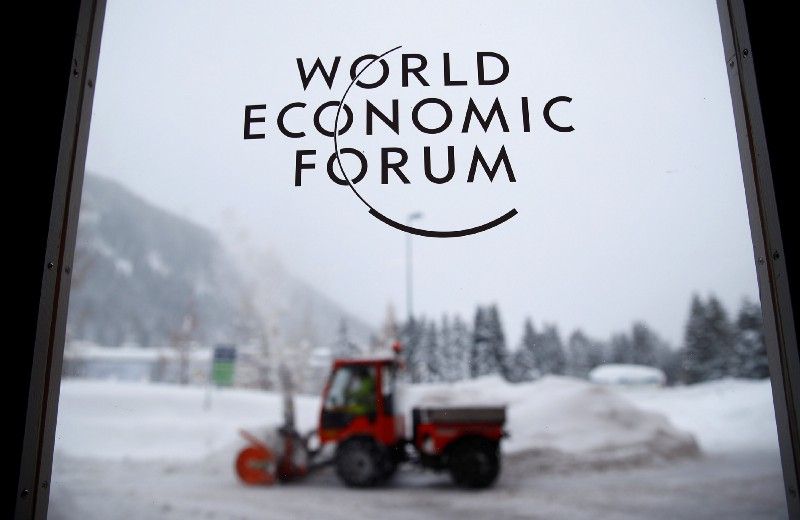This week, the world’s economic and political elite gather at the Swiss ski resort of Davos for the annual World Economic Forum. US President Donald Trump’s address on Friday will surely be the main event — his America First agenda is in many ways a direct challenge to the globalized multilateralism long-favored by the Davos crowd.
But we’ll also hear from another world leader with a decidedly nationalistic streak, who nevertheless remains more invested in globalization — albeit with a twist. That’s Indian Prime Minister Narendra Modi, whose speech today opens the Forum.
Trump’s politics, and Modi’s, reflect the different legacies of globalization. On the one hand, global trade and investment lifted hundreds of millions of people out of poverty in the developing world — particularly in Asia, which is now the world’s biggest economic engine. And so leaders across the region continue to favor globalization, but (here’s the twist) only on terms that favor their own nascent middle classes and bourgeoning domestic industries. That’s the message Chinese President Xi Jinping delivered last year at Davos. Modi, whose country now makes the third largest contribution to global economic growth, will sound similar tones.
Meanwhile, on the other side of the globalization ledger are parts of the middle class in Europe and, especially, the United States, who have experienced trade, technology, and immigration as threats to economic security and national identity. These are the voters who put Donald Trump in office. It’s in their name that he has pledged to dramatically narrow the scope of US leadership and responsibility, deliberately shunning the costs of “globalism” in order to put “America First.”
These two trends: a narrower US role and greater assertiveness from rising economic powers are what will shape every discussion, deal, and debate at Davos this week. Watch Modi and Trump closely — they’ll tell the whole story. Also, watch out for avalanches.
